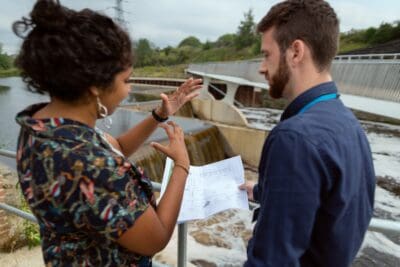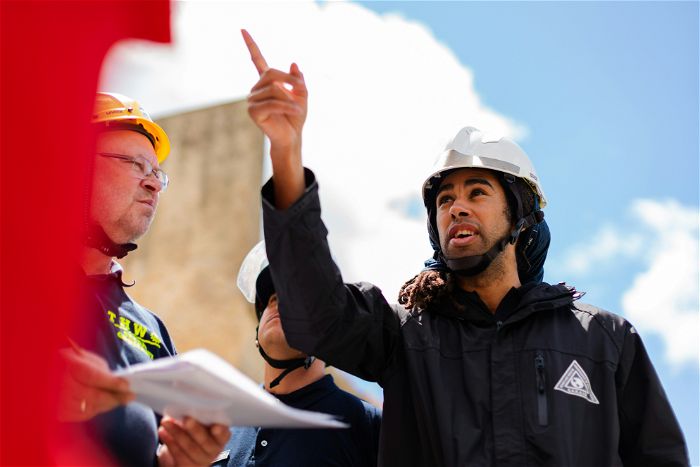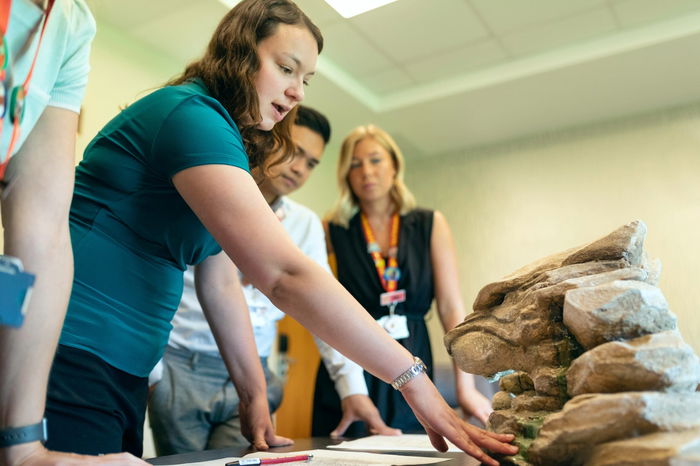
JFF Insights to Help You Navigate the Green Economic Transition
Jobs for the Future tools and insights help employers, policymakers, and regional workforce leaders navigate the complexities and opportunities of the green economic transition.

April 20, 2023
To build an inclusive, resilient economy, more workers will need to be equipped with skills needed to navigate a growing green economy.
As that world adapts to a changing climate, we are committed to accelerating equality of opportunity in an expanding green economy. Climate-Resilient Employees for a Sustainable Tomorrow (CREST) is a five-year, $25 million grant-funded initiative of the Ares Charitable Foundation in partnership with World Resources Institute, whose goal is to close the gap between the demand for a skilled workforce for green jobs and the number of people prepared for these opportunities. Working with our partners and local communities, we can deepen our impact, harness new opportunities, and help create a green, resilient future that benefits generations to come.







Climate change is causing economic shifts across all industries, requiring workers with new skills and capabilities. Yet there is a gap between the demand for a skilled workforce for green jobs and the number of people prepared for these opportunities. While philanthropy frequently funds workforce readiness initiatives, there has yet to be a strong focus on preparing individuals with the skills necessary for the expanding number of green jobs. To build an inclusive and resilient economy, more workers will need skills to navigate the growing green economy, including individuals from low-income households, people of color, women of all backgrounds, and members of other populations that are underrepresented in fields that offer opportunities for economic advancement.
Current approaches to economic and workforce development need to be adapted to the changing climate. Ares Charitable Foundation is partnering with Jobs for the Future (JFF) and World Resources Institute (WRI) to design and deliver scalable solutions in the United States and India. CREST brings together leading nonprofit research and innovation organizations to advance our goals of equal opportunity in an expanding green economy. JFF will help prepare an inclusive and skilled green workforce through research, job training, identification of regional solutions, and support for climate innovators.

Jobs for the Future tools and insights help employers, policymakers, and regional workforce leaders navigate the complexities and opportunities of the green economic transition.

Building equitable green job access through community collaboration, systemic support, and innovative strategies to foster a resilient, inclusive green economy across diverse U.S. regions.

This JFFLabs market scan is a guide for investors and policymakers who are looking to back workforce solutions that support the growth of the green economy and provide workers with quality jobs.

A digital magazine that presents a roadmap for learners, regions, entrepreneurs, and companies to navigate key topics for building an inclusive, resilient green economy.

Mobilizing partners toward a climate-resilient workforce. The Climate Innovation incubated practice at JFFLabs takes an inclusive approach to inform, educate, and upskill individuals for climate-resilient jobs through innovation and collaboration across sectors, regions, new business models, and capital investments.